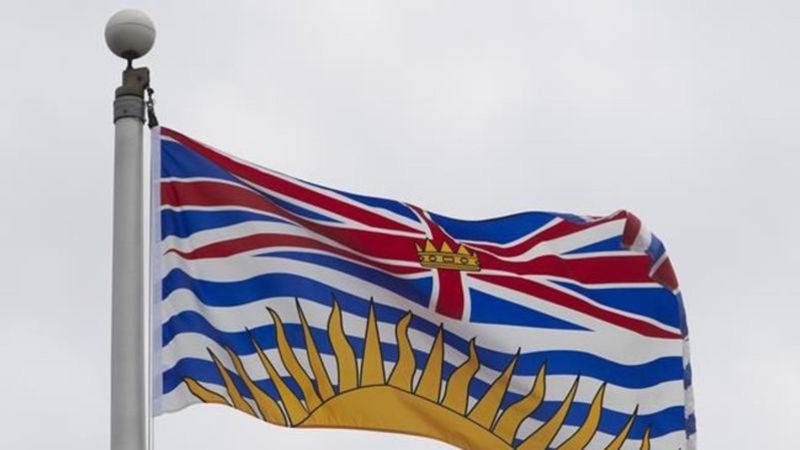
SOUND OFF: Majority of British Columbians think political polarization threatens democracy
SEVENTY-SIX PER CENT OF BRITISH COLUMBIANS think political polarization is becoming more extreme and is ‘definitely’ or ‘probably’ a threat to democracy, a recent poll by Research Co. reveals. Indeed, polarization is now firmly entrenched in Canadian politics. Issues ranging from the rising cost of living and carbon tax to the Israel-Hamas war are particularly strong sources of division across the country. When political divides widen to extremes, people are less willing or able to engage in constructive, respectful conversations that work toward mutual understanding and common ground. Fortunately, potential solutions ranging from driving engagement in B.C. municipal elections to strengthening hate crime laws promise to fix divisions and restore peace and security.
Disengagement, ‘unproductive bitterness’ encapsulate Canada’s polarization
Whether it’s directed against the government, economy or current news stories, “Canadians are angry. And they are picking sides, increasingly segmenting into agitated clusters of comforting rage,” notes investigative journalist Justin Ling. For the Public Policy Forum, Ling authored a report that shows polarization across B.C. and wider Canada as marked by: “mass protest, feedback loops, identity politics-driven public discourse, partisan sorting, performance politics and a loss of diversity in viewpoints.” The report also says that growing detachment and “unproductive bitterness” are hallmarks of polarization. Notably, 60 per cent of British Columbains are concerned about government restrictions on personal freedom, while 59 per cent are bothered by hyper-partisanship and/or intense conflict between political parties.
Polarization is even seeping into family life


